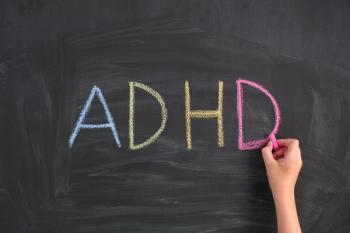
Mental well-being and families: How COVID-19 has changed things
The total psychological toll of the COVID-19 pandemic may not be known for years, but a report sheds some light on how it’s impacted the families of hourly employees in some of the industries hardest hit by the lock-downs.
Nothing has led to a greater change in nearly every person’s day-to-day life like the COVID-19 pandemic. It’s led to economic tumult, major life events spent alone, interruptions in education, and a massive psychological toll. It is likely years before the complete effect of the pandemic is understood, but a report in Pediatrics offers a look at how it’s impacted both parents and children.1
The investigators ran a daily survey from February 20, 2020, to April 27, 2020. The parents who completed the surveys were hourly service workers in the retail, food service, or hotel industries; had a child who was aged 2 to 7 years; had a cell phone that could send and receive text messages; and lived in a large city in the United States. The parents had originally been recruited for a study on the impact of uncertain work schedules and familial well-being. A subsample of 561 parents also completed a one-time survey about the impact of the COVID-19 pandemic.
A total of 645 adults participated in the survey collection. Overall, the frequency of reporting a daily negative mood increased significantly since the start of the COVID-19 pandemic. The number of parents reporting a negative mood some of the time went from 10% to 33% of days and reporting an all-day negative mood increased from 9% of days to 29% of days. Many of the parents reported some sort of hardship linked to the pandemic including 60% who had experienced job losses; 69% said that the household income had declined; 45% said that the caregiving burden had increased; and 12% had experienced illness. In fact, only 14% of the participants said that they hadn’t experienced any of the hardships during the pandemic.
The researchers concluded that families had undergone more than one difficulty because of the COVID-19 pandemic, which has led to worse mental health for both parent and child. They said that clinicians should be sure to screen for mental health during visits. Clinicians should also take extra care with children from families who are particularly vulnerable to the negative effects of the pandemic.
Reference
1. Gassman-Pines A, Ananat E, Fitz-Henley J. COVID-19 and parent-child psychological well-being. Pediatrics. September 2, 2020. Epub ahead of print. doi:10.1542/peds.2020-007294
Newsletter
Access practical, evidence-based guidance to support better care for our youngest patients. Join our email list for the latest clinical updates.






